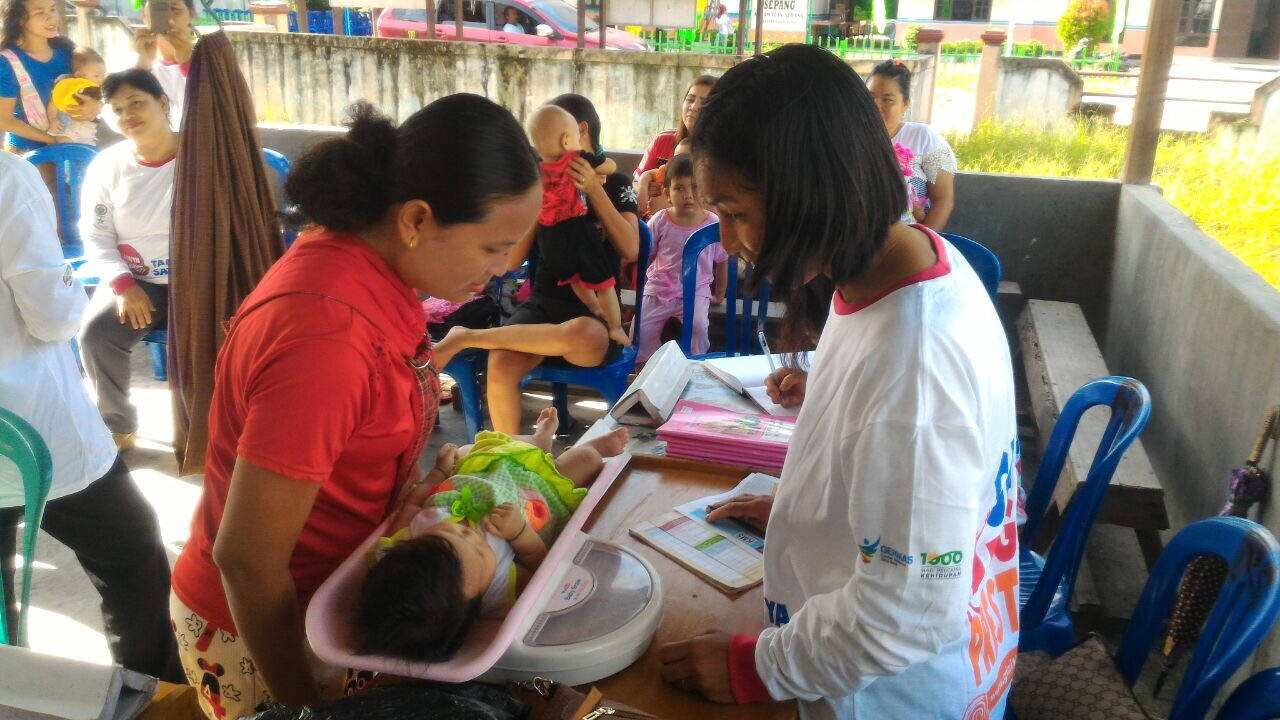UNAIR NEWS – Stunting emergency in Indonesia has often been heard in recent years. According to data from World Health Organization (WHO) in 2017, Indonesia has become the third country with the highest number of stunting cases in Southeast Asia.
According to UNAIR Faculty of Public Health lecturer, Trias Mahmudiono S.KM., MPH (Nutr.), GCAS, Ph.D, stunting is a big problem for Indonesia to be dealt with immediately as Indonesia is currently experiencing a demographic bonus where the majority of Indonesian people are in their productive age.
If the problem of stunting is untreated, then, future generations can lose competitiveness in the field of achievement or work. This condition will certainly have a major impact on the Indonesian economy.
“One of the interventions that is quite effective is by preparing the next generation so that they are not stunted anymore,” explained the lecturer who known as Trias.
Stunting itself is a condition of chronic malnutrition in a long period of time. The incidence of stunting will disrupt the growth in children. They will be shorter than the normal children.
Trias continued, the concept of the 1945 Constitution article 34 paragraph (1) which states that the poor and abandoned children are looked after by the state is accurate to overcome the problem of stunting because one of the factors that causes stunting is the unfavorable economic condition of the family.
For example, if a mother is poor and cannot meet her nutritional needs, the state must be able to provide her nutritional needs because, the impact is not only on the mother but also on children and the next generations.
“But the system has not yet been implemented. In Surabaya, the aid program to meet food needs is still focused on neglected children and poor elderly people. In fact, condition of poor mothers and adolescents also need to be intervened to prevent them from giving birth to stunted children, “he continued.

The Ministry of Health in this case also has a program to meet the nutritional intake of adolescents, supplement programs with blood, iron and folic acid.
According to Trias, if the program’s acceptance is not good, it can be replaced by other more acceptable methods such as giving fish or eggs every day to poor young women.
“An alternative solution, the government could provide poor young women, a card that can be exchanged for fish, chicken liver, or eggs every day at supermarkets or government partner stores. So that the nutritional needs of adolescents can be met, ” he stated. (*)
Author: Galuh Mega Kurnia
Editor : Binti Q. Masruroh





